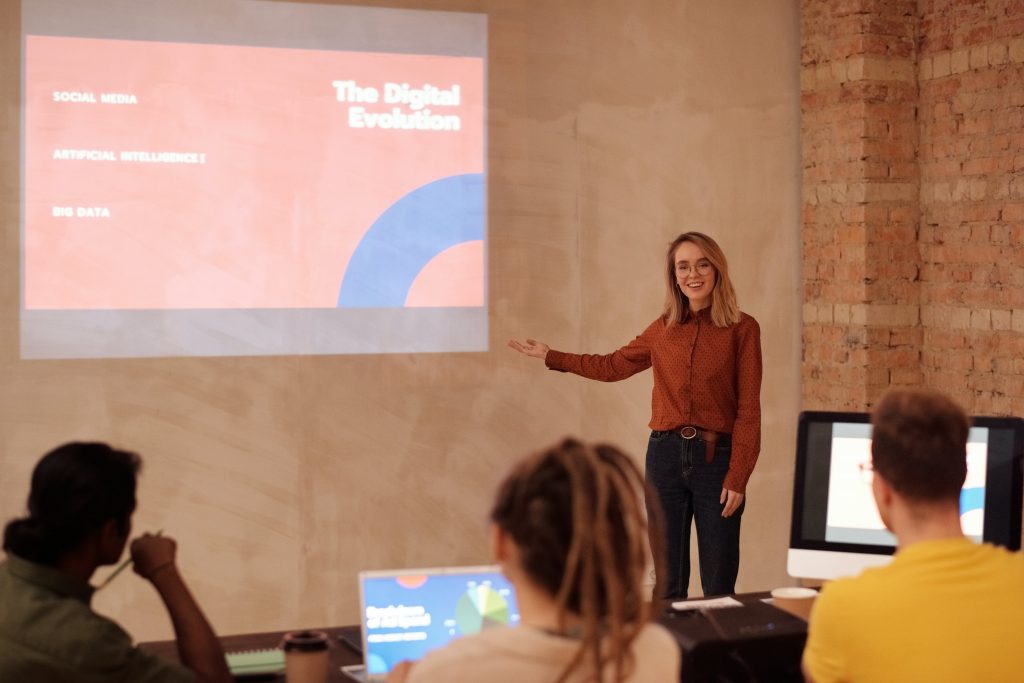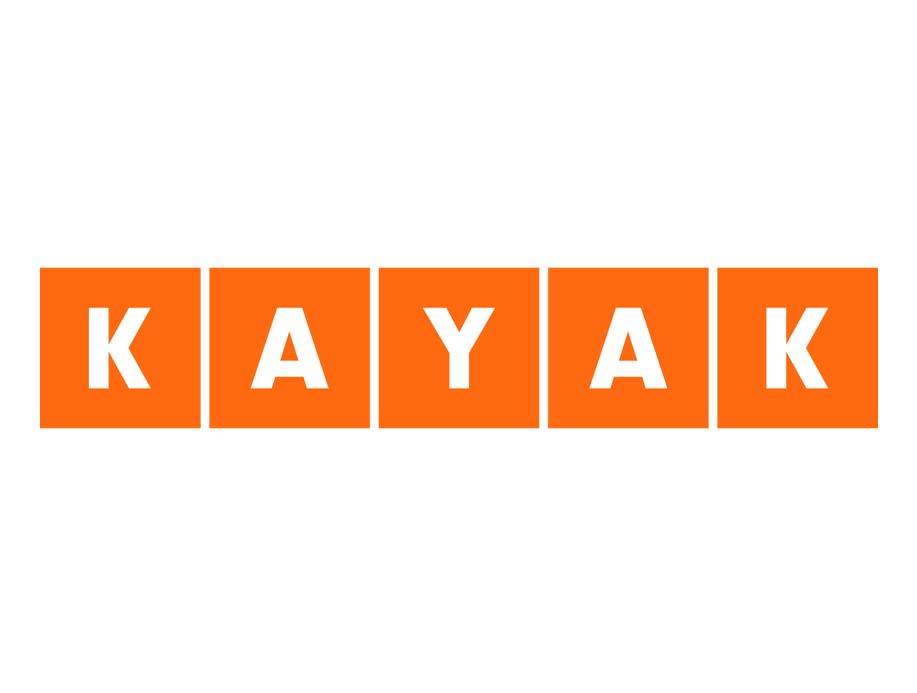
Our Management Training is based on years of experience in working with large and small organisations. The content is always relevant and the style engaging, which is why we get consistently positive feedback in our reviews. We tailor the content and objectives of the training to fit your needs, which is why we get such positive feedback.
Management Training
Click on the images below to find out more about our management training courses. Each one has its own focus, and we tailor to your requirements, which means you can choose the training which is exactly right for your needs and tweak it to make it exactly right.
Management Training Style
Our training style is to work with you in the exploration of ideas which may help you to work smarter or better. This means a workshop style is used most of the time, so that participants are actively engaged. A workshop style contrasts with a seminar or lecture style. We prefer to engage participants in discussing their challenges and practical situations. The conversation continues to review how ideas we introduce can apply to these challenges. In summary this makes for a highly interactive and productive learning environment.
Tailored to your needs
It’s important to us that you get the most from our management training. That’s why we take the time to understand your needs and adapt the training to suit these. We discuss your organisation, the market and the need for training, so that the agenda is precisely what you need. In this way the training is more relevant and more useful. And because of this it is more likely that ideas gained in the training will be implemented to a positive effect.
Management Training Participant Reviews
When you read our participant reviews you can see their feedback on our approach is very positive. This is because we try really hard to make sure our training is practically useful and engaging.
Here’s a sample of reviews from our management training over the past few years.
Professional Business Communication
It was very informative and engaging especially we have had the chance to do some role plays in the breakout rooms. Very helpful.
Inclusive and thought provoking
I really enjoyed the course and this was helped by having Martin Chapman.
He was really engaged with us all and ensured we remained engaged throughout. I took a couple of points away from the course, that I will be working on over the next couple of months. It was very interesting listening to different management styles and experiences from the other delegates.
As the team were so engaged and we were clearly enjoying the course, I wish the course was a little longer.
Rewarding and relatable course
Really good course, fully interactive and flowed nicely in the direction we, as a company, took it. Martin was excellent and delivered the day really well.
Martin is an incredible leader!
Martin makes these sessions so engaging and gives people the opportunity to voice our own opinions and discuss them at length. He carefully listens to each and every experience and then tailors the session with useful guidance.
Great course for anyone managing people
I attended the People Management Training yesterday and found it incredibly useful. The session provided valuable insights into understanding not only my own management style but also how to approach managing staff more effectively. I learned a lot about leveraging individual skills and personality traits to build stronger, more cohesive teams. The training offered practical strategies that I can immediately implement to foster better communication and collaboration. I am looking forward to attending further sessions and building on what I have learned already. Highly recommended for anyone looking to improve their leadership skills!
Client Case Studies

Management Training Overview
Our managememnt training is very engaging and a blend of training and coaching. We achieve this even with training virtually. Training in the virtual world is more challenging than working in the same room and that’s why we try even harder to engage and involve the participants. Check out our reviews to read what participants say about our training style.
Outcomes
The outcomes required of the training are a good place to start when planning your investment.
Typical outcomes of our management training include the following:
Firstly you can expect the participants to reflect and review their approach to management. Part of this includes considering their personality and those of their teams, to review the impact personality has with a variety of management challenges.
Secondly the training introduces a range of strategies and ideas which focus on the training needs, so that we provide targeted ideas.
Thirdly the session uses scenarios to practise different styles of management, based on our discussions in planning the training.
And lastly the participants will leave with a number of actions they have structured so that they can be implemented straight away.
Duration
It is important you get the management training that you need. The total amount of time invested in the training depends on your objectives and your needs. Because of this the duration of the training really depends on you. By example, we deliver management training seminars that give an overview and last for one, or two hours.
One of the key differences that impacts duration is how much you want behaviours to change. Behavioural change requires practice in the training workshop. The more elements we practise the more likely your people are to change their behaviour. That’s why we also have programmes which cover several days.
In conclusion the training can last as long as you need it to. You need to consider what you really want the training to achieve and work back from this. We are very happy to discuss this with you and work out the solution which fits your needs.
Pre course
In preparation for the course the participants are asked to complete two short tasks. One is to complete the ITD Work Style Questionnaire online, click here to take a look at this. The second is to answer a few short questions, on their challenges and training needs, so that we can tailor the content more specifically. You can see this simple questionnaire here. It also means we have a better understanding of their perspective.
Contents
The specific content of the management training is based on our core principles which are then adapted to suit your needs, so that you get exactly what you need. Sections of the workshop could include the following:
The role of the manager?
One area that is often overlooked by other management training is to question the role of the manager. What is it about? How do you get to be a manager? What does it fundamentally mean? In other words, what makes a good manager and how do we develop those skills. Reviewing these basics often helps managers build a better skill set for management, because they have a foundation of understanding of their role.
Participant Challenges
Participants of our training find it beneficial to discuss and review their challenges. This includes their actual and anticipated challenges. In other words we bring real life situations from the work place into the classroom, to find practical solutions. This means our management training sessions are so much more than just theoretical discussions, they are practical workshops.
Foundations to managing people
There are a number of key principles required when managing a single person, or a group of people. These include agreeing the foundations of your relationship, regular one to one meetings and team meetings. They might be considered more processes to follow, but they are proven vital for success. Above all it’s about managing professionally and consistently.
Handling difficult situations
Everyone in a management situation encounters difficult situations. Our training brings these out and discusses how they can be approached. For instance, how do you approach a situation where a person thinks they are doing more hours than is required, but are in fact starting late almost everyday. Their perceptions and the role requirements might be in conflict. As a consequence of this section participants gain a variety of useful strategies to manage the most difficult situations.
Coaching
Coaching could form the subject of a separate workshop, because it is so useful and worth covering in detail. Having said that it is often included in management training as a taster for further development. We base the learning on typical situations where coaching is most useful and practise these. A workshop approach leads to participants improving their coaching skills within the training session.
Managing Performance
Managing the team to perform to the standard you want them to, is one of the fundamental goals of management. How to manage that performance is a skill set and approach all of itself. However, it needs to be done thoughtfully and with a clear strategy. The training shows you how to do this in a mindful and effective way.
Delegating
Delegating can be one of the most challenging parts of managing people. Some managers find it very difficult to pass on work to others, even when they are very busy. This makes covering delegation an essential part of the training.
Post course
Following the course you have the option to buy one to one coaching This is to give the participants support in implementing their actions and embed the behavioural change required.










































